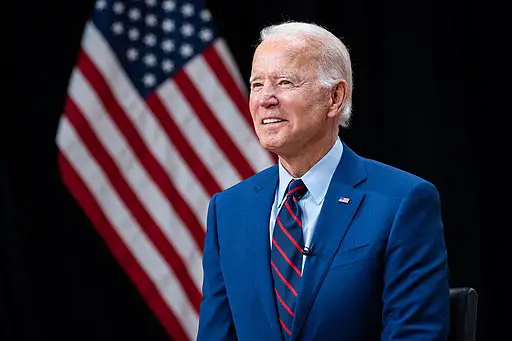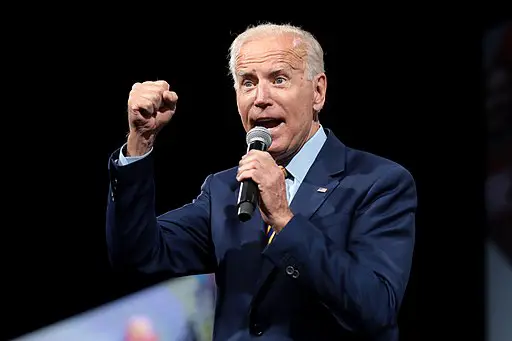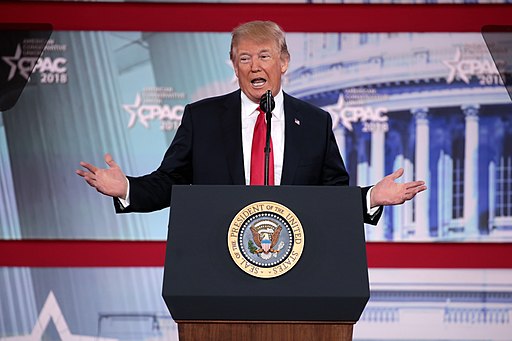Justice Department advises court to dismiss Trump’s plea in election interference lawsuit
The Justice Department is forcefully recommending the court dismiss former President Trump’s attempt to have his case of alleged election interference dropped, contending that no legal protections from prosecution apply to him due to his presidential status during his efforts to hinder the peaceful transition of power.
This strong stance was articulated in a detailed 54-page document, a response to Trump’s recent appeal to the presiding judge to dismiss the case, claiming he’s covered by presidential immunity.
The Justice Department’s document, submitted on a Thursday, counters, “The concept of immunity he proposes is unprecedented and counters the core principle that no individual in this nation stands above the law. The accused is not exempt from legal norms. Like all other American citizens – over 330 million in number, encompassing lawmakers, federal judges, and ordinary people – he is bound by federal criminal statutes.”
Trump’s previous plea for the dismissal strongly justified his conduct in the events leading to the riot, conduct which the Justice Department asserts disenfranchised voters and was founded on numerous deceptive assertions.
However, the Justice Department highlighted that, although the presidency does entail certain legal shields while in office, these protections cease to exist once the individual departs from the presidential role.
They stated, “Any former U.S. President can be subject to scrutiny, charges, court proceedings, and, upon conviction, penalties for actions taken during their presidency. There’s no historical instance of courts implying absolute criminal immunity for ex-presidents.”
The department’s submission is a predictable counter to Trump’s improbable attempt to quash the case, an attempt likely to encounter skepticism from Judge Tanya Chutkan, who has previously denied a similar request from Trump’s legal team for her to step down from the case.
Judge Chutkan has also recently agreed with the Justice Department’s position, imposing a restriction preventing Trump from publicly denigrating potential witnesses, prosecutors, or court officials, citing concerns about witness intimidation and the provocation of threats against personnel.
In his defense, Trump referred to his second impeachment, emphasizing that the Senate chose not to remove him from office following his actions against the peaceful power shift, actions that were promptly presented to the Senate.
However, the Justice Department accused Trump of misinterpreting the Impeachment Judgment Clause, perceiving it as “an extensive immunity provision that prohibits criminal charges in the absence of a Senate conviction — a misinterpretation that, among other issues, would essentially block any means of holding a president accountable for crimes committed during the final days in office.”






